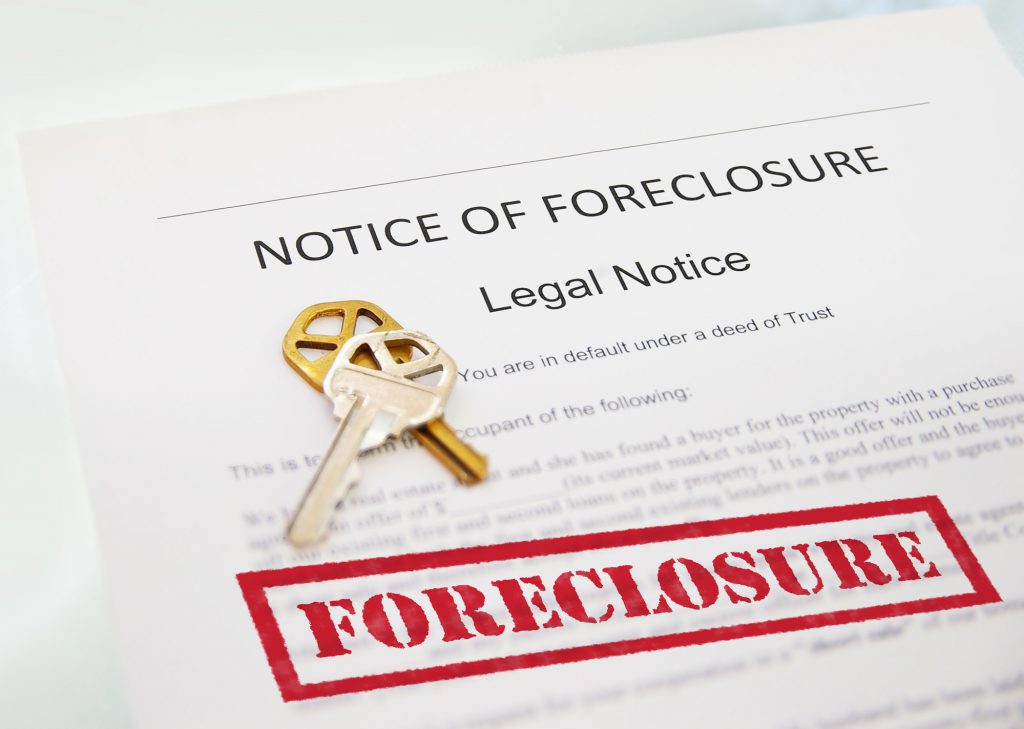Foreclosure Eviction: Definition, Process, and Tenure

Let’s get to know what foreclosure eviction is and what happens in a foreclosure.
Simply put, a foreclosure is a property in custody of the bank which was once in the possession of the homeowner.
The foreclosure eviction process is a legal case that comes into effect when the homeowner commits mortgage fraud or is unable to pay the principal and interest payments in full.
Following the eviction, the lender takes control of the property and sells it to a bank or a third party; often, the bank forecloses on the mortgage and seizes the home directly.
The foreclosure eviction process is based on the mortgage deed – this gives lenders the right to evict the owner and use the property as collateral if they fail to make the payments on time.
What Happens In A Foreclosure? – A Step By Step Process
The foreclosure process starts when a borrower misses out on mortgage payment and the loan is given a ‘delinquent’ status.
In such a case:
- The lender notifies the homeowner of the default
- Failure to make up for the missed payments, three to six months after (usually known as the grace period) gives the lender the right to begin foreclosing on the property
However, note that the foreclosure process is subject to certain terms and conditions based on state laws such as those laid down by The New York State Senate.
The following are possibilities that may happen after you receive a notice from the plaintiff/ lender:
- The bank is unable to prove its case
- The new owner that comes in agrees to keep you as a tenant
- Out of court settlement
- The case continues in court for as long as a year and you might just move out before that
Remember, you cannot be evicted without a reason as it is against the law.
How Long From Foreclosure to Eviction
After a foreclosure sale has been brought into effect, federal law states that the bank or the new owner is entitled to give you a 90-day notice to move out.
If you have a lease that has more than 90 days on it, you can avail all the remaining days as laid down by the lease agreement.
In short, even if the owner wants to live in your home, he has to give a 90-day notice in advance.
Conclusion – Foreclosure Eviction Process
The legal framework for foreclosures is pretty complicated in New York and requires you to have in-depth knowledge and command over the subject matter.
In addition, the foreclosure eviction process is also very time-intensive – where the case can continue for up to three years even. Generally, foreclosures in New York can last up to 445 days or more.
The length of the proceedings is usually dependent on various factors, such as whether the property that needs to be evicted is owner-occupied.
At Bennet Movers, understand that eviction can be a stressful and overwhelming process, and we can help you out with all your moving needs.
With over 25 years of experience, we provide top quality services to our customers with all the necessary paperwork and documentation required by the bank or the court.
Contact us today to find out about our foreclosure eviction services.

